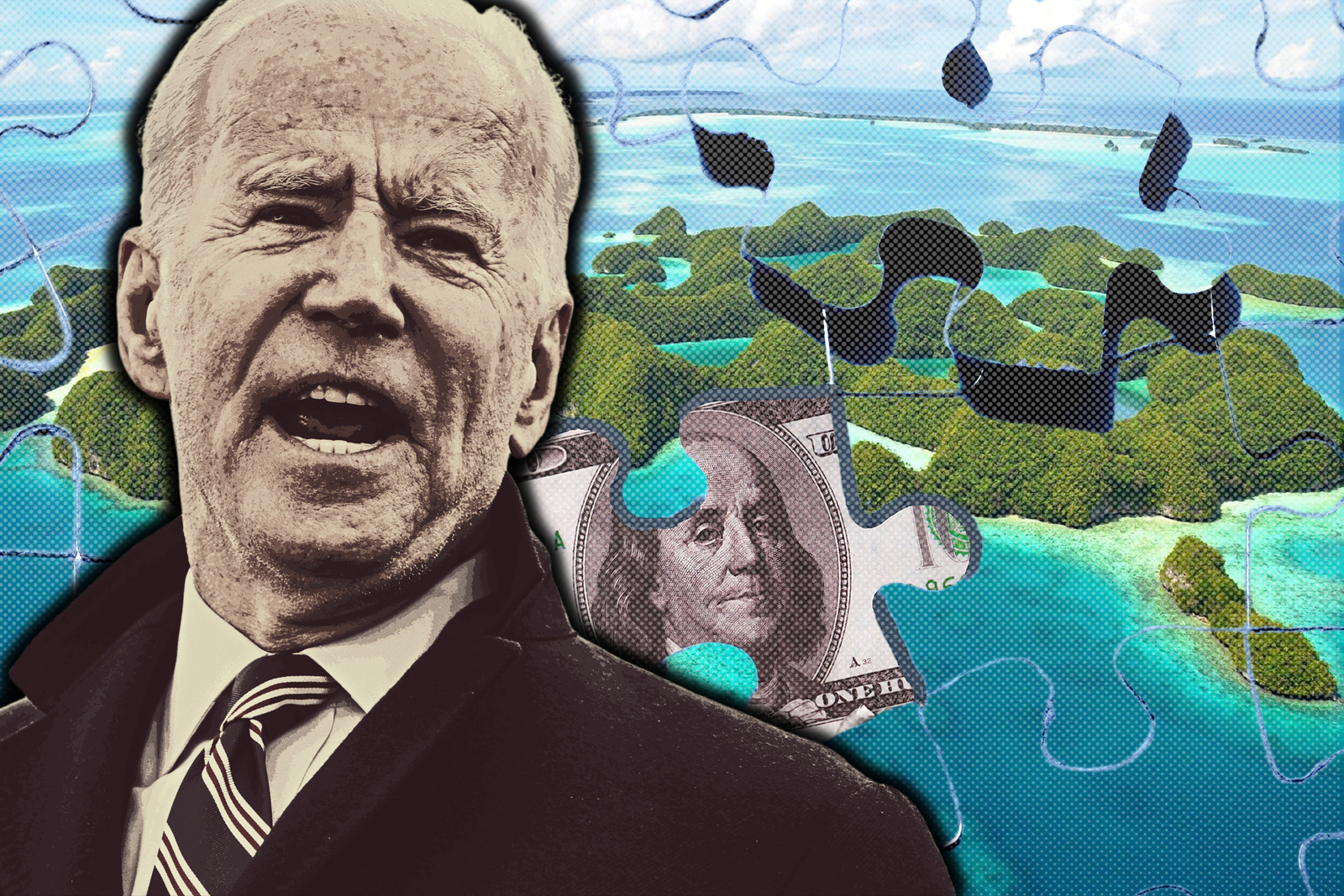
The Small Shouldn’t Tumble with the Great
Over the past several years, Washington has been seeking more and more ways to contain China. In this regard, the U.S. is taking unprecedented steps to engage several countries in Oceania in a strategic confrontation with Beijing. Thus, in late September, the first-ever joint summit of the United States and the Pacific Island nations was held, which was an attempt by the White House to restore authority in the region.
To this end, the Biden administration drafted a declaration on the U.S.-Pacific Partnership, which commits participants to work together “in the face of the worsening climate crisis and an increasingly complex geopolitical environment.” However, the results of the meeting did not meet U.S. expectations and revealed the extent of the failure of U.S. policy in the region where China is becoming increasingly influential. What led to this outcome, and whose side do the island nations choose?
The U.S. had intended the summit to demonstrate the depth and strength of its partnership with the Pacific countries, and at the same time to cement the alliance by signing a new declaration committing the participants to work together to tackle climate change and form a strategic partnership. However, a number of states expressed their unwillingness to cooperate, which was an unexpected blow to the White House. The Marshall Islands, Micronesia, and Palau refused to sign on, citing insufficient U.S. financial support for the region. Among the “dissenting states” was the Solomon Islands, which declared that the conclusion of new ties with Washington could undermine its relations with Beijing.
It is worth noting that Washington’s focus on Oceania is not accidental. The reason for the White House’s genuine interest in a number of small but significant states in the Pacific Ocean was the conclusion in March of China’s security agreement with the Solomon Islands. According to this document, the Solomon Islands can ask China to send police and soldiers to help stabilize the situation in the Pacific country and protect Chinese diplomats, companies, and the diaspora in case of possible social unrest. Meanwhile, Washington is concerned about the possibility of Chinese military bases in the Pacific nation, even though the signatories have denied such intentions.
However, an unwillingness to become part of the U.S.-China standoff was the main reason for the “neutral” course of several Pacific states. The Marshall Islands, Micronesia, Solomon Islands, and Palau have expressed concern that the U.S. declaration emphasizes confronting China’s growing role in the region while relegating the fundamental U.S. goal of combating climate change to the back burner. It is questionable how hastily the West has turned its attention to intensifying cooperation with Pacific Island countries since the United States and NATO have previously been active only with their “core” allies in the region, namely South Korea, Japan, and Australia thereby bypassing the smaller economies.
In effect, Washington’s efforts appear to be aimed at winning over as many Pacific partners as possible to its side and using them as tools in its geopolitical struggle against Beijing.
Notably, the Pacific states’ skepticism is not groundless, given that U.S. efforts to develop and support the region are not comparable to initiatives on China’s part. For example, according to Australia’s Lowy Institute, Beijing has already provided some $1.5 billion in foreign aid to the region and has been doing so for years, while Washington only began promising financial injections during the summit. The White House is desperate to “bribe” the Pacific states to bend them to its side, although Washington’s ability to deliver on its promises is also questioned amid significant spending in connection with the war in Ukraine.
The problem is that the Oceanic countries, unlike the United States, do not view the geopolitical map in such stark terms. By and large, the Pacific states are interested only in the welfare of their people and the threat of climate change, which poses serious risks to the future of the region as a whole because it is no secret that the rising waters of the ocean will have a catastrophic effects on the territories of Oceania. Therefore, it is not surprising that the Pacific Island states have recently abandoned the “anti-Chinese” rhetoric and are increasingly preferring cooperation with Beijing whatever that might entail.

